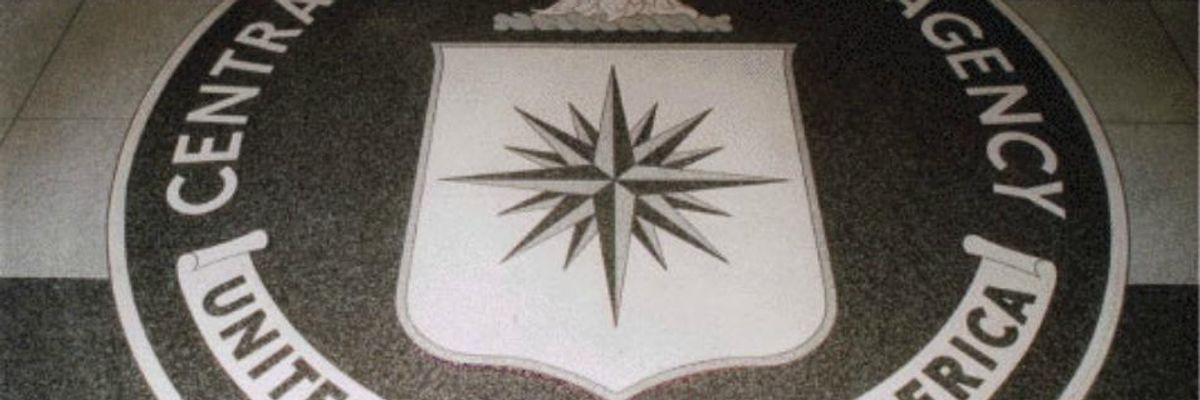A former Los Angeles Times national security journalist routinely sent drafts of his articles to CIA press handlers for input and revision, the Intercept revealed on Friday.
Email exchanges between Ken Dilanian and public relations officers at the agency were discovered after the Intercept sent a FOIA request to the CIA over its relationship with reporters. In many of the emails, Dilanian promised to provide the agency with positive coverage, often going so far as to change entire drafts of articles based on the CIA's replies.
The Intercept writes:
[A]fter a series of back-and-forth emails about a pending story on CIA operations in Yemen, he sent a full draft of an unpublished report along with the subject line, "does this look better?" In another, he directly asks the flack: "You wouldn't put out disinformation on this, would you?"...
[I]n June 2012, shortly after 26 members of congress wrote a letter to President Obama saying they were "deeply concerned" about the drone program, Dilanian approached the agency about [a] story that he pitched as "a good opportunity" for the government.
At other times, Dilanian reported false information about deaths caused by drone strikes in the Pakistan, revising an article to state that al-Qaeda operative Abu Yahya al-Libi had been the only casualty after an attack in the village of Esso Khel -- when in fact, the missiles had killed over a dozen people, as later discovered by Amnesty International. Al-Libi was one of 15 to die in a follow-up strike after a first missile failed to kill him, but did kill five men and wound four others.
While journalists often gain access to classified information by falsely implying that they will support the official narrative, the Intercept says, Dilanian "really meant it... 'I am looking forward to working with you, Ken,' a newly hired agency flack wrote him in a March 1, 2012, email. 'Hooray!' Dilanian replied. 'Glad to have you guys.'"
Dilanian, whose practice of circulating drafts outside of the Times newsroom violated their code of ethics, now covers intelligence issues for the Associated Press. He told the Intercept that he no longer confers with the CIA about his articles -- in part because the AP does not allow him to, but also because he believes it was a "bad idea." However, he said that the friendly relationship he had with the agency and its subsequent influence on his articles "had no meaningful impact on the outcome of the stories."
Reporters from several other news agencies exchanged emails with CIA press officers, with some journalists seeming to have similarly favorable relationships with the agency. David Ignatius of the Washington Post, for example, was invited to a "smaller round table[s]" with agents, which he gladly accepted. Ignatius told the Intercept that such a meeting never took place.
The Intercept noted the CIA so heavily redacted their email records in the FOIA documents that it was impossible to know how agents responded to journalists, as their half of the conversations were all missing.

